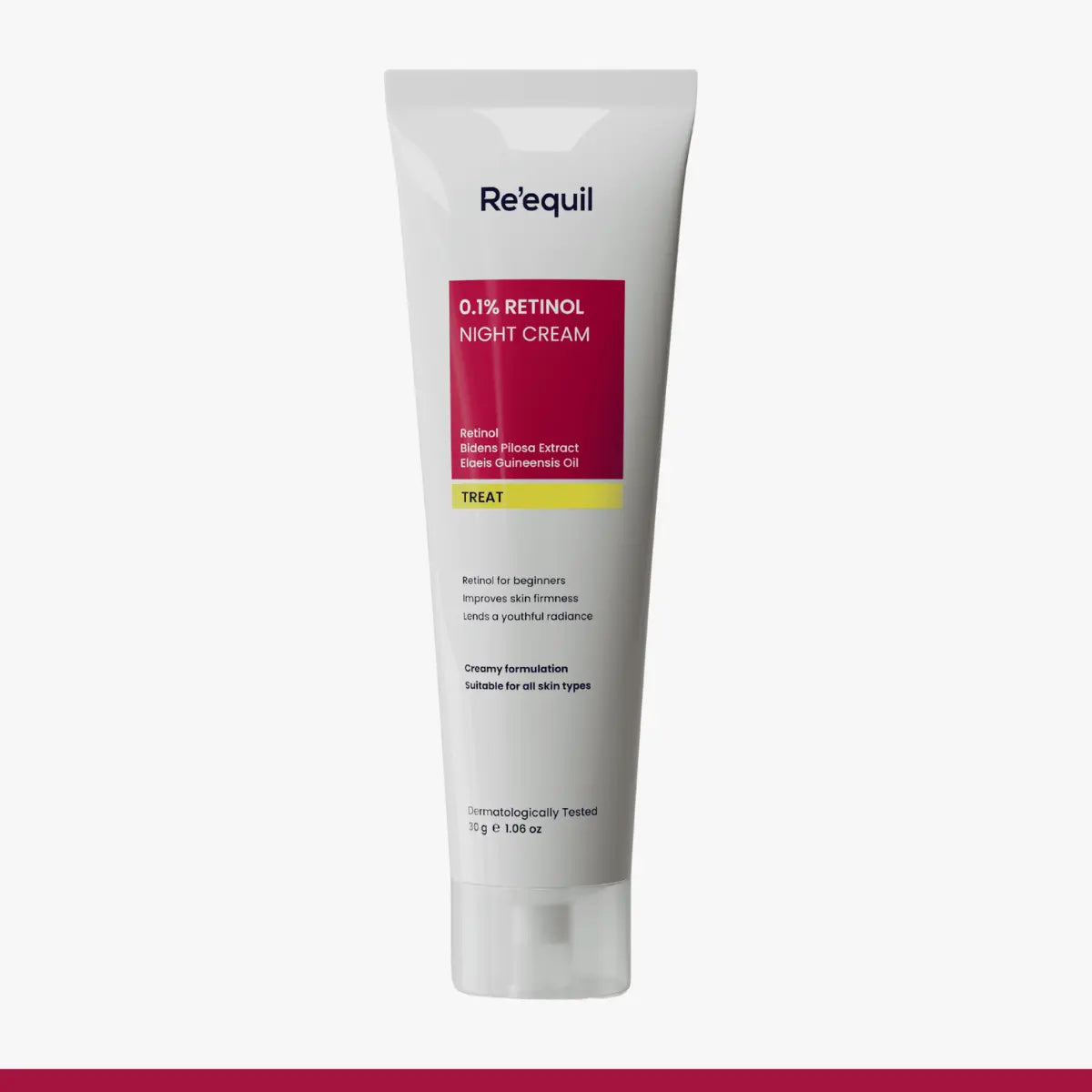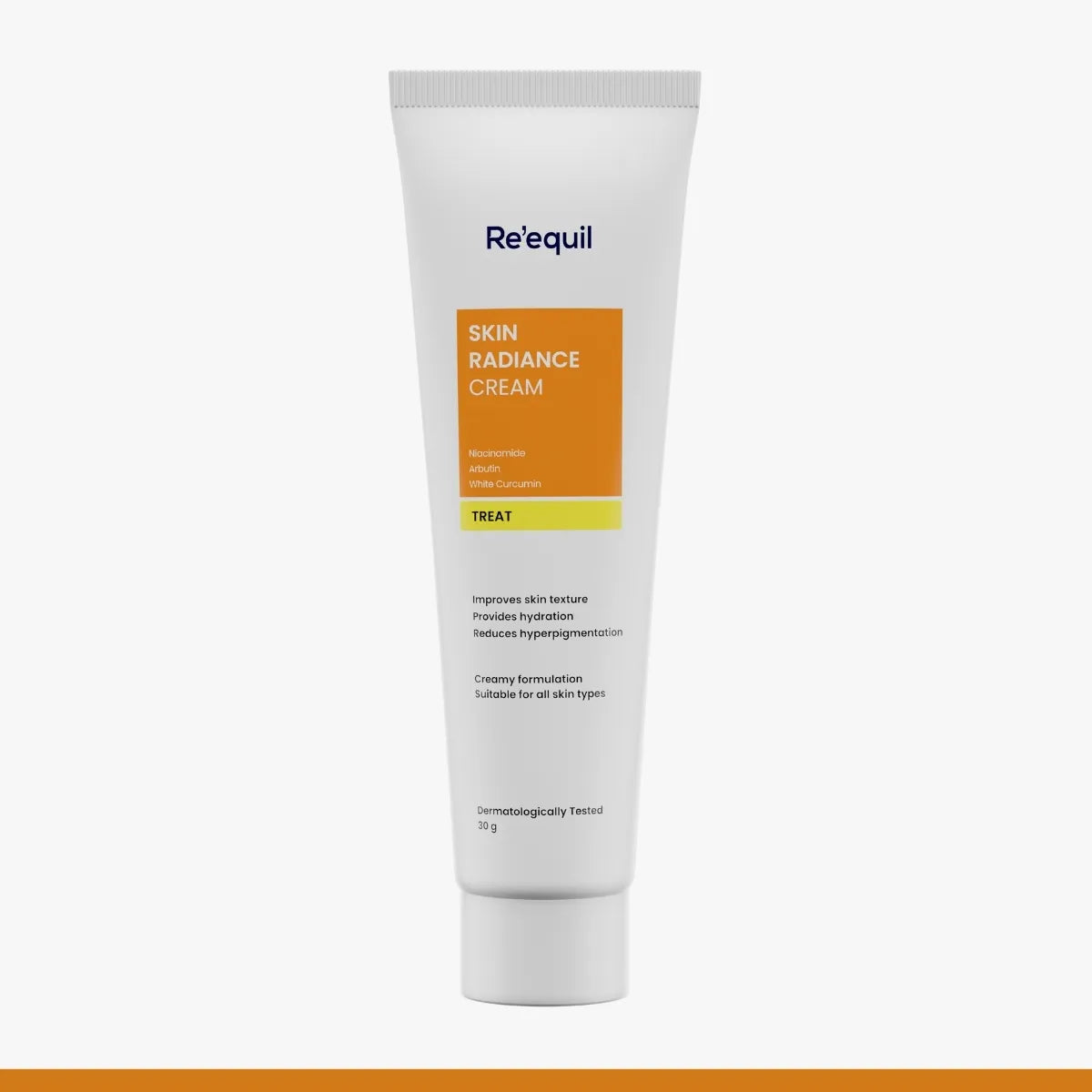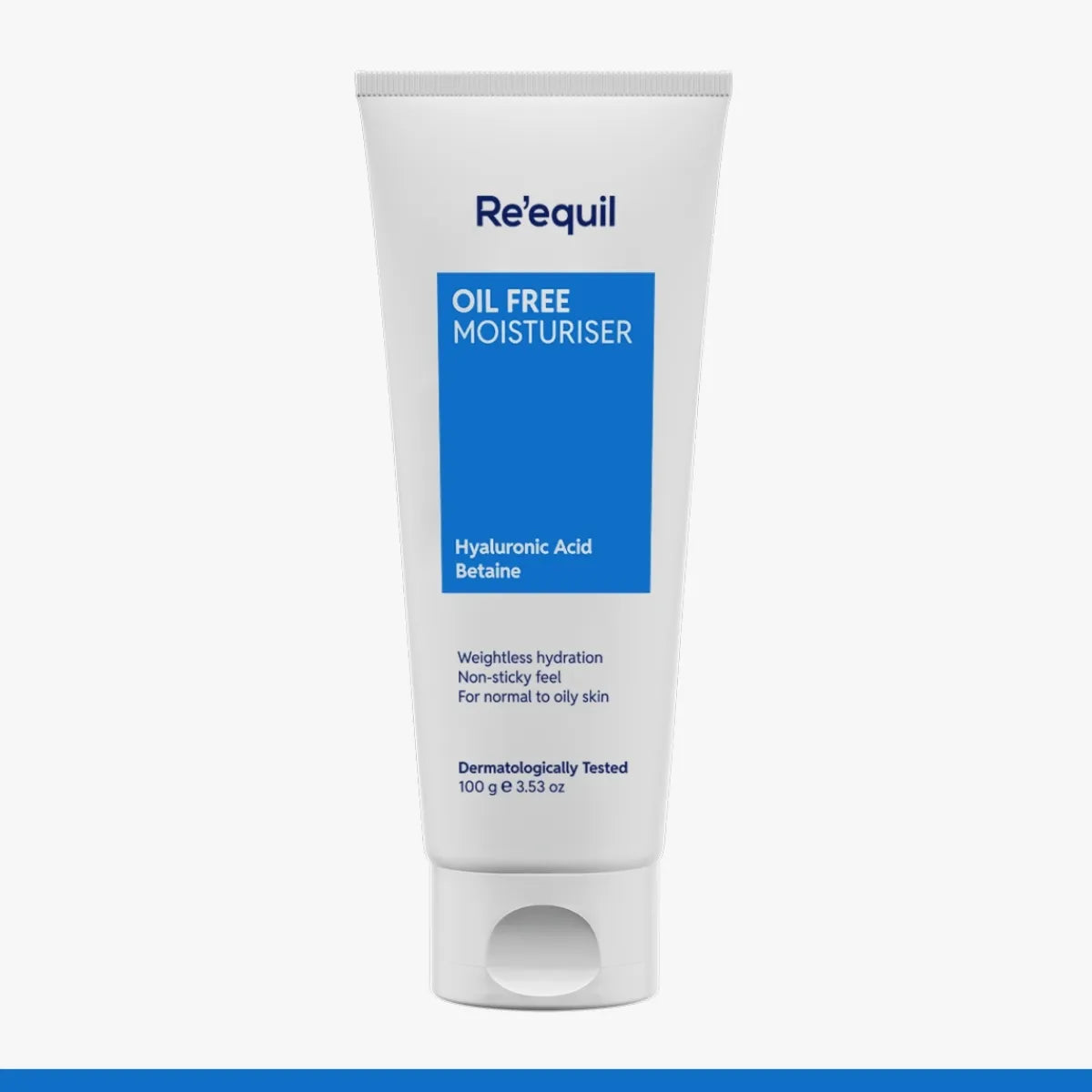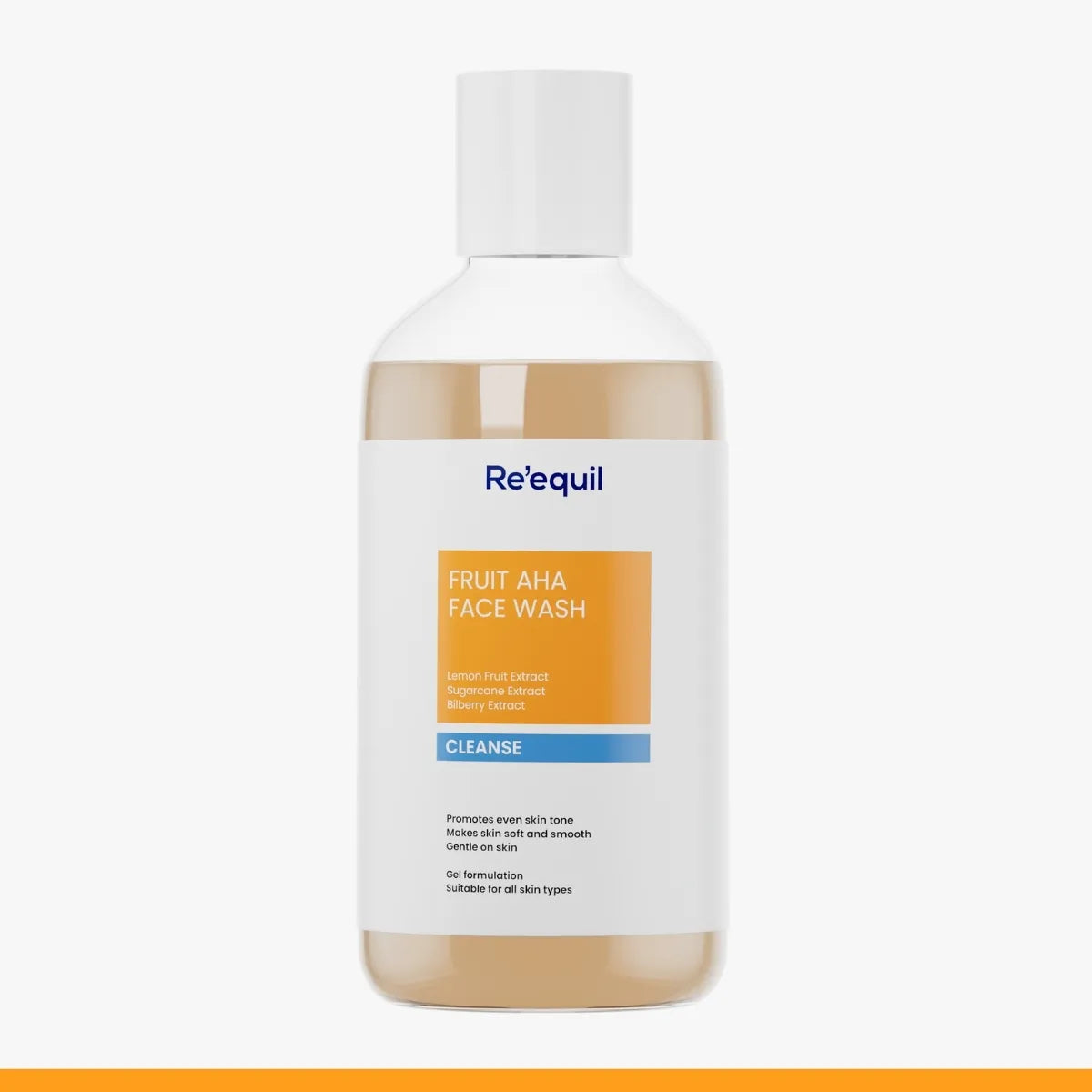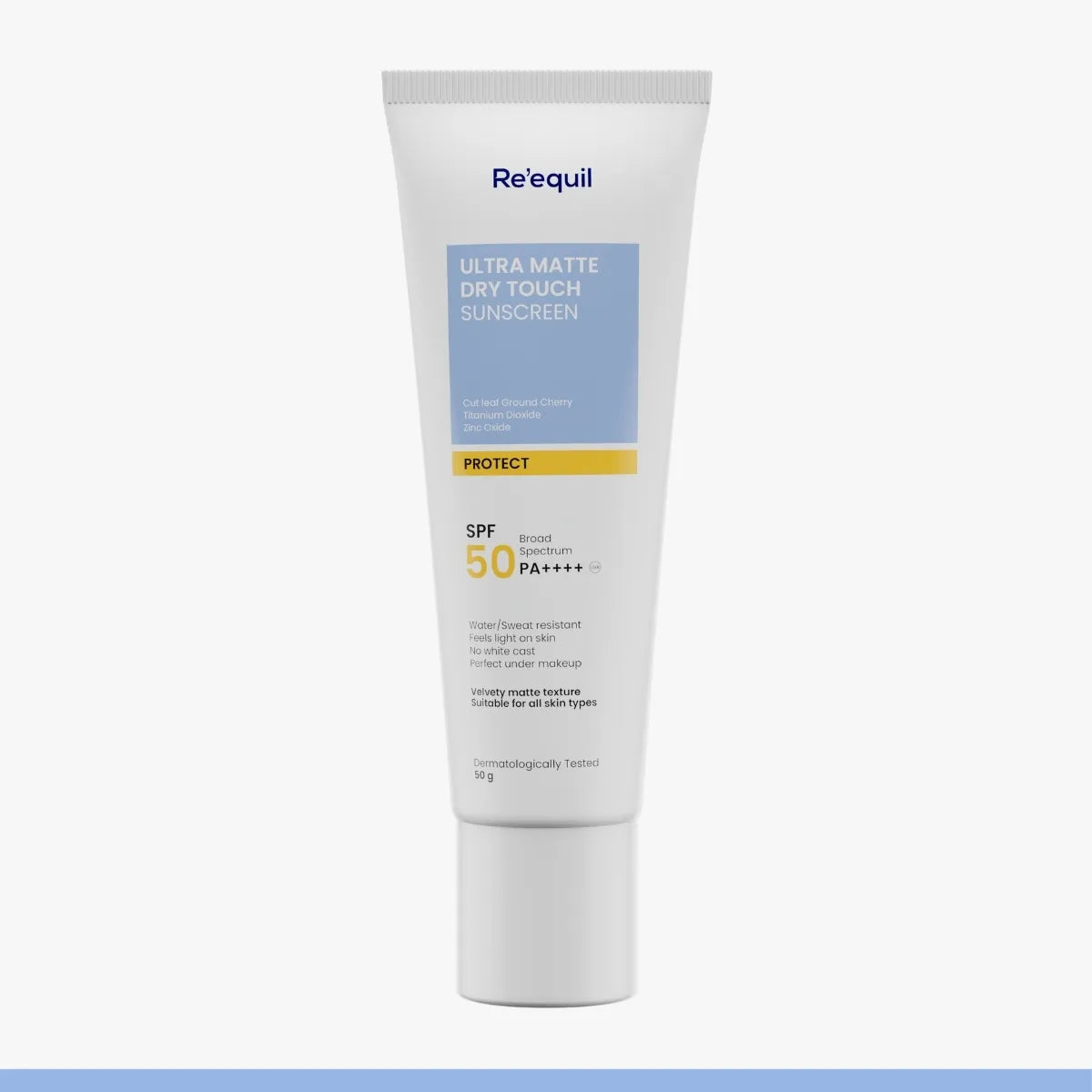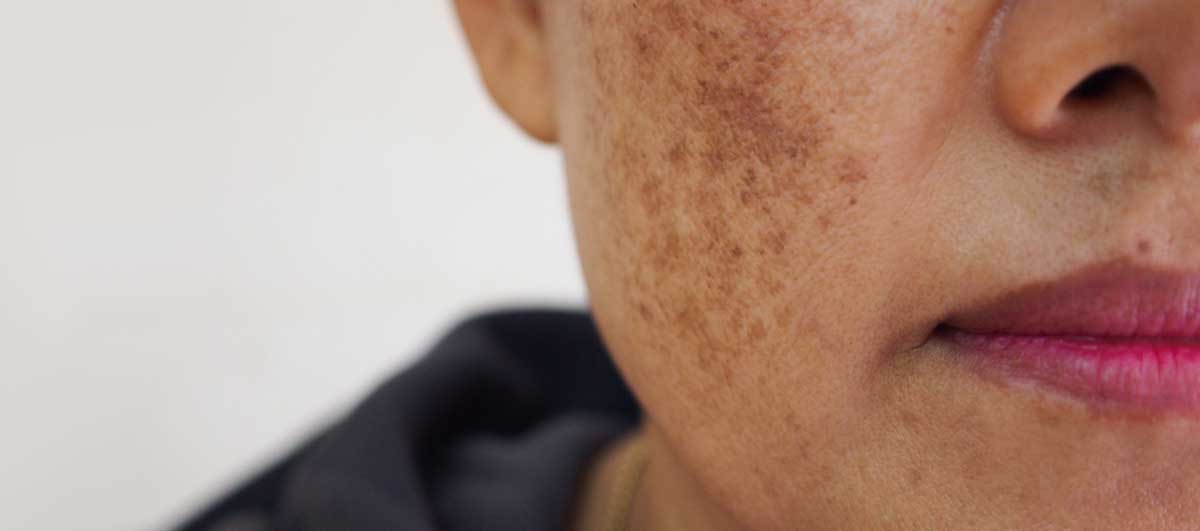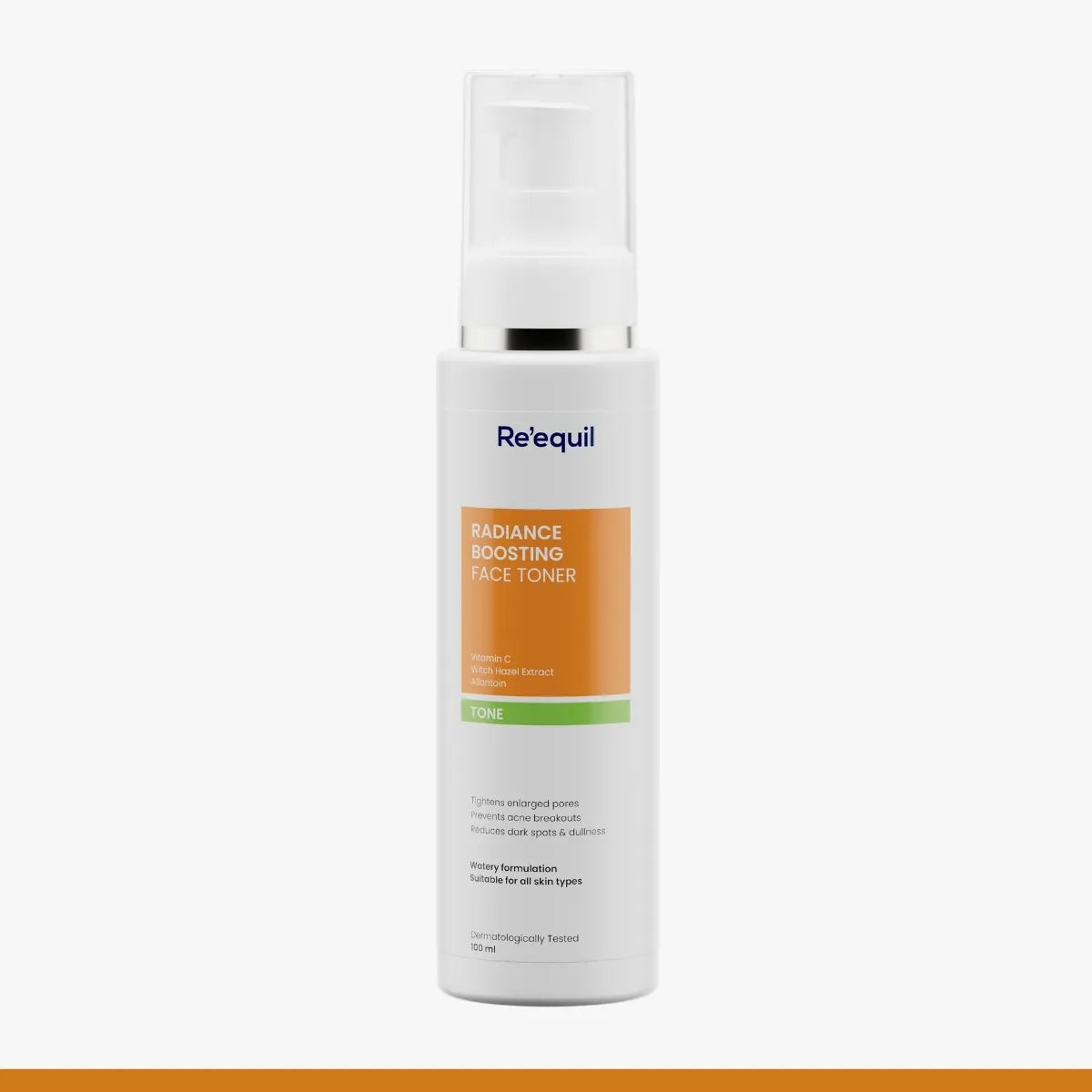Have you noticed dark patches on faces, regardless of age or gender?
It's called hyperpigmentation, and it can be frustrating. But fear not, there's hope.
It's not permanent, and with patience, we can manage it. However, it's crucial to avoid infamous remedies like bleaching, skin-whitening creams, steaming, or icing, as they can worsen the situation.
In this comprehensive guide, we will walk you through dermatologically approved, effective solutions, and preventive measures to tackle hyperpigmentation. Let's begin this journey together!
What is Hyperpigmentation?
Hyperpigmentation refers to a range of dermatological conditions that involve darkening of the skin. It is generally the result of your body increasing its melanin production, although the condition may be influenced by other, less common factors.
The dark pigment usually occurs in small patches on the face and hands but can be more widespread, including full-body coverage. While the hands, arms, and face are the most common sites of hyperpigmentation, it can feasibly occur anywhere on a person's body.
There are three major types of hyperpigmentation, including:

- Age Spots
-
Melasma
Melasma, on the other hand, occurs when there is a hormone imbalance in the body. During a disruption or fluctuation in hormone levels, there is an imbalance in melanin production.
- Post-inflammatory Hyperpigmentation (PIH)
PIH refers to the aftereffects of skin disease or trauma, especially damage caused by acne . As your body heals following injury, aggravation, or an outbreak it will elevate its melanin production to help compensate, causing post-inflammatory hyperpigmentation. This type of hyperpigmentation requires a different level of care and attention including consultation with a doctor.
What is the one major cause of hyperpigmentation?
One major cause of hyperpigmentation is -
-
Excessive Sun Exposure
Melanin is the pigment responsible for giving color to your skin, hair, and eyes.
However, over time, if there's cumulative and prolonged sun exposure, it can lead to uneven distribution of melanin, resulting in dark patches or spots known as hyperpigmentation. This is particularly common in areas of the skin that are frequently exposed to the sun, such as the face, hands, arms, and shoulders.
Therefore, protecting your skin from the sun by using sunscreen, wearing protective clothing, and seeking shade can help prevent and reduce the risk of hyperpigmentation.
Other causes of Hyperpigmentation
1. Ageing
Our parents age and so do we and it increases the risk of hyperpigmentation if left ignored. The dermatologist explained, “As the body ages, melanin has a greater effect on your skin tone, often causing splotches —or even large-scale patches— to emerge.”
2. Existing Skin Conditions
Pre-existing skin and medical conditions, i.e. medication usage, can also cause hyperpigmentation to emerge. If you have other skin care issues, understand that you are at an increased risk of developing dark patches on your skin's surface.
3. Wound Healing
Skin trauma is another contributing factor. If the surface of your skin has been injured or aggravated, such as with a burn, acne, or severe allergic reaction, then your body chemistry may compensate during the healing process.
4. Stress
We all feel stress to varying degrees. It's part of what marks us human. Stress, however, is the root of many diseases and may sometimes contribute to hyperpigmentation. Protect your skin by properly attenuating your stress level.
5. Incorrect Skin Care Regimen/Products
Enter any local beauty parlor and you’ll find a bunch of ladies with bleach lathered to their faces! It’s their favorite product. The dermatologist explained the harms of incorrect skincare regimen accelerated by uninformed product choices.
Understand that not all skin care products are created equal. In fact, those with lesser-quality ingredients or harsh, skin-bleaching elements, such as hydroquinone, can actually contribute to melanin build-up rather than eliminating it.
Treating hyperpigmentation starts with eliminating the harmful skin care practices from your existing regimen and replacing them with alternatives that suit your skin type or are suggested by your dermatologist. Opt for formulations that you trust and are gentle yet effective.
6. Heat From Cooking/ Kitchen
Surprisingly, time spent in the kitchen can contribute to hyperpigmentation! Whether in your own home or in a commercial setting, the very act of cooking takes place in an enclosed space. As a result, high heat and evaporating gas have a comparable effect on your skin to the sun's rays.
7. Air Pollution
When it comes to skin tone, don't rule out environmental effects. Areas with heavy concentrations of smog and other air pollutants from vehicles can wreak havoc on your skin. Over time, exposure to such pollution particles can penetrate the outer layer of your skin, reducing the body's natural barrier against surface inflammation.
What are the ways to get rid of Hyperpigmentation?
Dermatologists emphasize on the fact that it is important to keep in mind that though hyperpigmentation is curable, it requires a lot of patience and consistent care.
Here are the most effective methods to get rid of hyperpigmentation -
1. Topical treatments
-
Start with a cleanser that has actives like AHAs
You read it right. However stubborn might this concern seem but you need to start with the right cleanser, it's this basic. A cleanser enriched with AHAs would be the first step in your regime to promote even-toned skin, a fresh look, and hydrated skin.
Why AHAs?
AHAs (Alpha Hydroxy Acids) in cleansers help gently exfoliate the skin's surface, promote cell turnover, and reduce the appearance of dark spots and uneven skin tone.
-
Use a toner enriched with Vitamin C
Using a vitamin C toner for treating hyperpigmentation is beneficial because vitamin C is a potent antioxidant that helps to inhibit melanin production, reducing the appearance of dark spots and promoting a more even skin tone. Additionally, vitamin C can boost collagen production, improving skin texture and overall complexion.
-
Use hydrating creams/serums that boost radiance
Treating hyperpigmentation doesn’t necessarily always have to involve a 5-7 step skincare. Opt for a serum/cream that helps hydrate and boost skin radiance.
Ingredient to look for in your skin radiance cream -
White Curcumin is known for its antioxidant and anti-inflammatory properties, which can help in reducing oxidative stress and inflammation associated with hyperpigmentation. It is considered an effective and natural alternative to hydroquinone which controls over production of melanin.
-
Sunscreen
One of the single, most effective methods for treating and preventing hyperpigmentation may already be in your medicine cabinet. Don't underestimate the role that sunscreen plays in soothing darkened skin.
Regular use of sunscreen helps to block incoming UV rays, of course, serving as a key preventative measure. Combine with the right skin care regimen, however, helps you to lessen accumulated light damage, restoring your skin's natural tone.
2. Laser Treatment
Finally, there's laser treatment available for more severe cases of hyperpigmentation. Laser treatment should only be done in direct consultation with a qualified dermatologist.
There are two types of laser treatments available:
- Ablative
- Non-ablative
Ablative is more intense, peeling the top layer of your skin. Non-ablative only works with the surface in an attempt to mechanically induce collagen production.
Laser treatment isn't for everyone, however. It can be especially harsh on the skin if not done carefully. In some skin types, it can even cause increased darkening rather than the desired effect. Always consult with a doctor before choosing laser treatment.
Final takeaway
Hyperpigmentation can have a profound impact. Fortunately, the condition is rarely serious and highly treatable. No matter what, always remember that patience, positivity, and perseverance go a long way towards helping your skin to heal properly. Pairing healthy lifestyle choices with a purposeful skin care regimen and regular use of sunscreen as a prophylactic creates the ideal conditions for treating —and eliminating— your hyperpigmentation.
